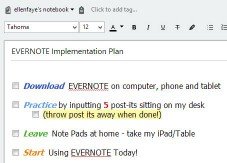24 Jul “Work Before Play” Just Doesn’t Work Anymore

work before play???
I don’t know if you were raised like I was, but when was little I was taught to finish my work before I played. It made sense in to finish my homework before I went out to play. It made sense to study for a test or clean my room before my friends came over. It made sense then.
But does it make sense now? Will we EVER be done with our work? I don’t think so. As a business professional, homeowner, and mom I could work 72 hours a day and still not be done. In this day and age of information overload and cutting budgets we are all trying to fit the work of 3 or 4 people into one. It’s time for a shift.
It’s hard to up your game when you’re burned out and overwhelmed. It’s hard to think clearly and productively when you don’t have the bandwidth. Our short term memories are finite and sometimes there is just no more room. If you don’t take time to care for yourself it will take longer to get your important work done. As Abe Lincoln said “If I had eight hours to chop down a tree, I’d spend six sharpening my ax.”






